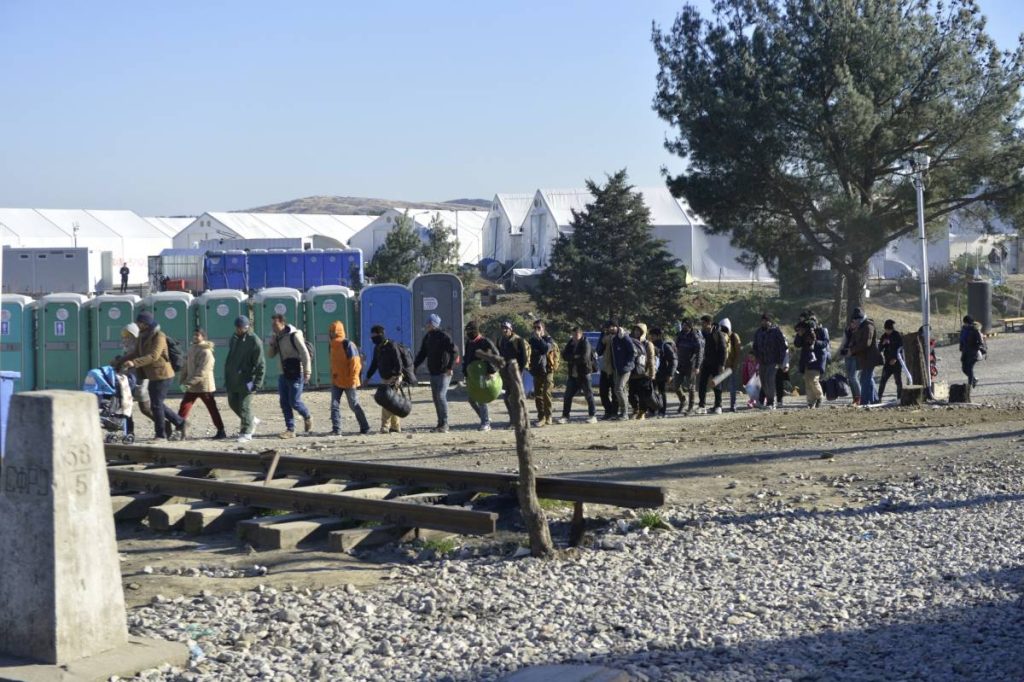The shortage has disrupted the supplies at gas stations across major Syrian cities, forcing many to either reduce the use of cars or buy fuel from the black market…reports Asian Lite News
As plummeting temperatures hit Damascus with a shroud of winter fog, people in the Syrian capital have been battling fuel shortage and other adversities.
Although the locals are not new to fuel crises under the impact of US-led economic sanctions and lack of access to key oil and gas fields in rebel-controlled areas, the cold wave in the past two weeks has made their fuel shortage all the more gruelling.
The shortage has disrupted the supplies at gas stations across major Syrian cities, forcing many to either reduce the use of cars or buy fuel from the black market, which costs them an equivalent of $50 for a tank of 20-litre fuel.
For the first time since the Syria war broke out 11 years ago, the government has enacted a three-day-long weekend, which will last until the end of the year, and suspended all cross-city sports games to save fuel.
The government also increased the price of diesel broadly used by heavy equipment in industries and warned against the purchases of black market fuel, Xinhua news agency reported.
All of this is coupled with a new decline in the value of the Syrian pound and long hours of electricity outages, even in well-off neighbourhoods in Damascus.

Citing Director of the General Company for Internal Transport in Damascus, Maurice Haddad, the local al-Watan newspaper reported on Saturday that the government has set stricter diesel quotas, leading to fewer daily bus services offered by the company.
Meanwhile, the local Athar-Press news website reported that several private bakeries in Damascus have shut down for the lack of fuel.
To alleviate a sense of uncertainty among the public, the Central Bank of Syria on Saturday issued a statement promising no delay in paying salaries for state employees in December.
The central bank noted that it has enough liquidity for years, not only months, and enough stock of foreign currencies.
The Syrian government has blamed the current fuel crisis on the US sanctions, which have made it hard for fuel and oil tankers to reach the Syrian coast.
The government-run al-Baath newspaper reported on Saturday that an oil tanker that had been held by US marine forces off the Greek coast arrived at the port of the Syrian city of Baniyas on Tuesday, carrying about 1 million barrels of crude oil.
An unnamed official source cited by the newspaper said calm is expected to return to the Syrian fuel market if more tankers could arrive without disruptions.

